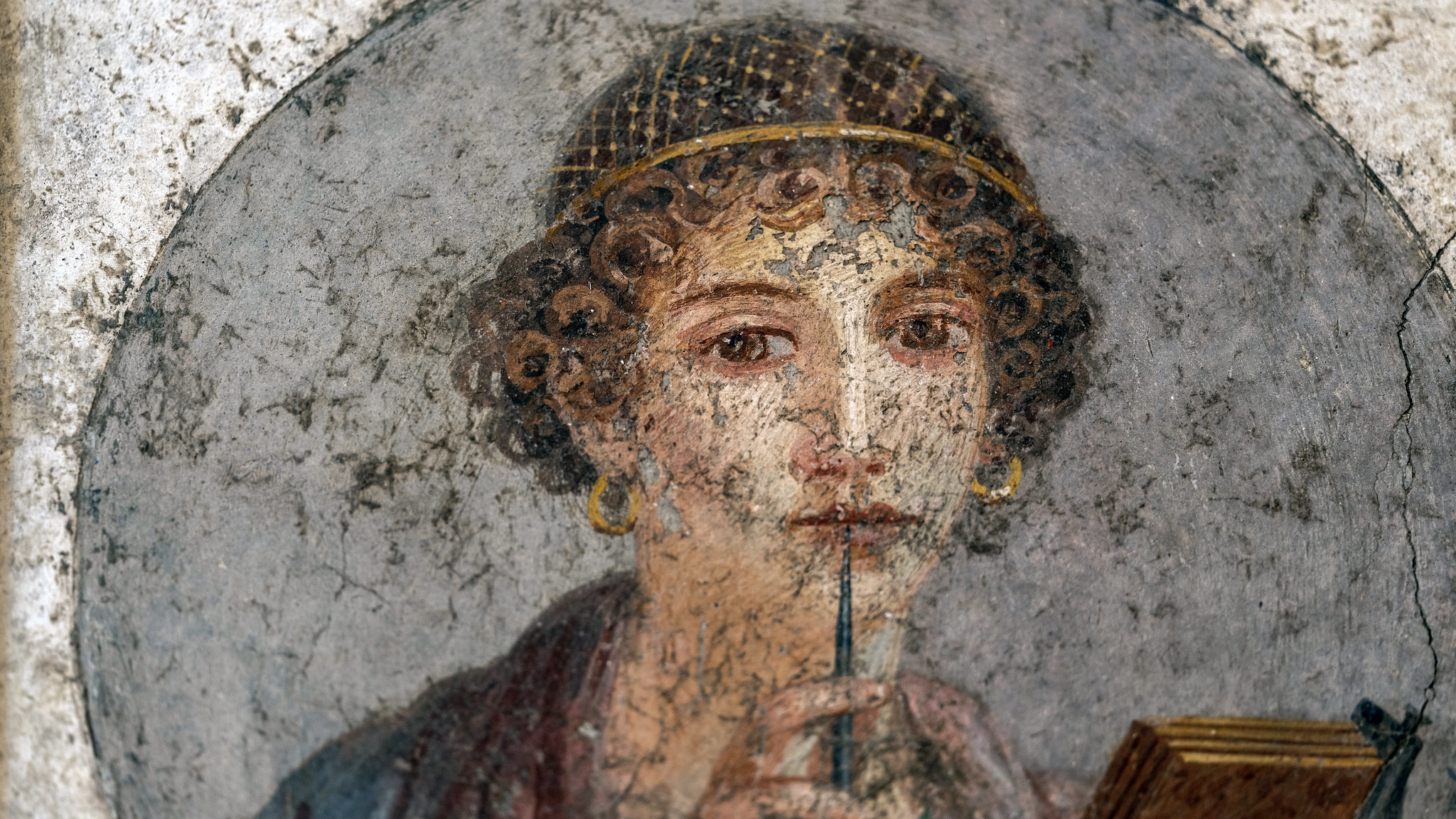Translating Gender in Sappho

Event description
- Academic events
- Family friendly
- Open to the public
The Literature Program in the Department of English at ASU hosts this in-person lecture, reading, and Q&A with Diane J Rayor, professor emerita of classics at Grand Valley State University, Michigan and translator of "Sappho: A New Translation of the Complete Works" (Cambridge University Press, 2023).
All are welcome.
In addition to the Department of English, co-sponsors of Rayor's visit include ASU Library, the School of International Letters and Cultures, the School of Social Transformation and the Thousand Languages Project in the Virginia G. Piper Center for Creative Writing.
About the book
Sappho, the earliest and most famous Greek woman poet, sang her songs around 600 BCE on the island of Lesbos. Of what survives from the approximately nine papyrus scrolls collected in antiquity, all are translated here: substantial poems and fragments, including three poems discovered in the last two decades. The power of Sappho's poetry ‒ her direct style, rich imagery and passion ‒ is apparent even in these remnants. Diane Rayor's translations of Greek poetry are graceful, modern in diction yet faithful to the originals. Sappho's voice is heard in these poems about love, friendship, rivalry and family. In the introduction and notes, André Lardinois plausibly reconstructs Sappho's life and work, the performance of her songs and how these fragments survived. This second edition incorporates thirty-two more fragments primarily based on Camillo Neri's 2021 Greek edition and revisions of over seventy fragments.
→ Listen to these poems read by theatre artist Kate Reading.
Image at right: A young woman holding a stylus and wax tablet (known as Sappho), c. 55–79 C.E., found Insula Occidentalis, Pompeii (National Archeological Museum, Naples) / Credit Steven Zucker on Flickr. Used under CC 2.0.

